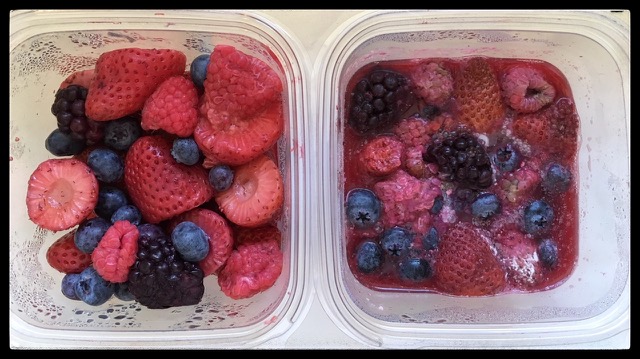Over the past year or so, the Coronavirus pandemic has brought issues such as food poverty into the spotlight. Most people agree that it is scandalous that so many people, in a country that is generally regarded to be among the wealthiest in the world, struggle to put food on the table and feed themselves and their children. 1 in 5 children in the UK are currently living in food poverty according to the Trussell Trust. What’s more disgraceful is that in 2018 an estimated 9.5 million tonnes of food went to waste according to WRAP (The Waste and Resources Action Programme). So why didn’t this food end up on the plates of people who needed it?
Household food waste made up 70% of the food wasted in 2018 in the UK. This figure is extremely high, indicating that we should look at our own individual habits. How much food do you throw away each week because it has gone past it’s sell-by date? A few food items are notorious for spoiling soon after being purchased, such as bagged salad leaves and berries. How often have you bought berries and ended up throwing them away because they’ve gone off within a day? Not only is it disappointing to have to throw the food away, but the wasted food also represents a waste of money.
What can we do to reduce the amount of food thrown away in the home? If you find yourself throwing away large amounts of fresh food each week, try making a menu for the week before you head to the shops. This will help you to focus on which ingredients you need instead of guessing as you walk through the fruit and veg section! It is so easy to see something that catches your eye and put it in your basket thinking you will find a way to use it at some point, only for it to sit at the back of your fridge until it goes off. Sticking to a shopping list is a great way to only buy what you need, saving you both money and time as you go round the supermarket.
Another great way to make sure you don’t buy more than you need is checking what you already have at home before you head to the shops, ensuring you don’t buy things that you don’t need. This is more applicable to pantry items such as rice, pasta, herbs and spices, flour, and other items we end up stocking up on by constantly adding them to our weekly shop even if we have lots at home already. Trying not to stock up too much and keeping an eye on what you already have will prevent items with a longer shelf life from sitting at the back of a cupboard until they go off.
Vitabeam is passionate about helping to reduce food waste. Our technology can help reduce food waste at every stage of the food supply chain, including in the home. We can’t wait till our technology is available in the home, keeping fresh food fresher, cleaner and safer for longer, reducing the amount thrown away. We have seen amazing results from using our technology to keep food clean and fresh; it’s easy to see the difference we can make when you look at the photos below – both punnets of berries were placed on a kitchen counter for 5 days but only the punnet on the left was exposed to our technology. We know which berries we would want in our breakfast smoothie!

What data about food waste tells us is that there is so much we can all individually do to prevent the waste of food. Like anything, food is all the more precious when it is scarce, so we all need to make sure we don’t take the availability of food for granted, and make sure we only take what we need.